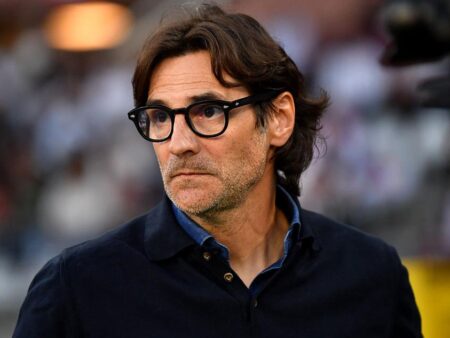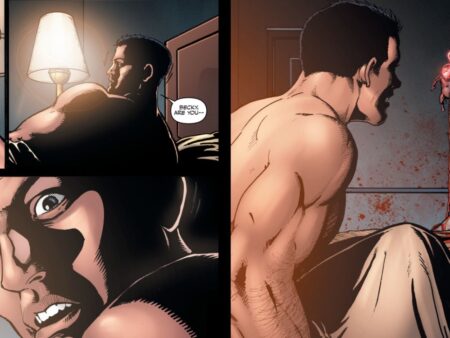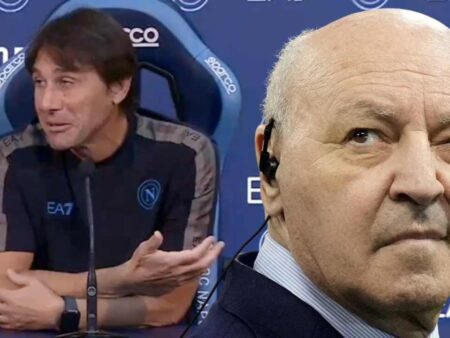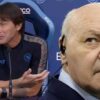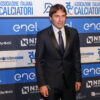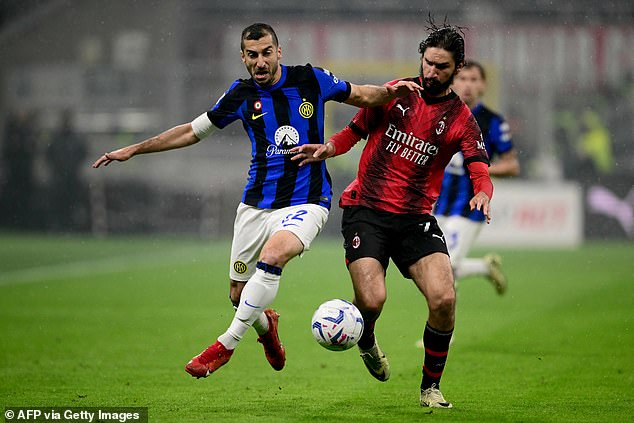
The two clubs are changing direction, and perhaps at the intersection of their paths, they will find the winning formula.

In biology, molting is a “change that usually results in a functional substitution or periodic renewal.” Changing skin is possible, sometimes necessary: to better adapt to altered environmental conditions, because it`s the only way to survive or avoid decline. Inter and Milan are two creatures undergoing a (symmetric) genetic mutation, a profound transformation that goes far beyond the names entering or leaving through the market`s revolving doors. And it could even change something more complex like identity. Partly by choice and partly by necessity, the oldest team last season and the one that (now three years ago) won the Scudetto with the youngest squad have each embarked on a path in the opposite direction.
Chivu vs Allegri
The two coaches (Cristian Chivu and Massimiliano Allegri) are, in this sense, more than just programmatic manifestos. But it`s interesting to remember how we got here: Inter, which since the time of Conte opted for the `instant team` (putting a severe strain on finances), found itself accelerating the process after the resounding fall in the Champions League final and the traumatic farewell to Inzaghi with his inflexible schemes (young players `q.b.`, as much as needed, like salt in cooking recipes, to be introduced gradually, see the uses of Asllani and Frattesi). They might also have been caught unprepared when deciding on the new coach, but now it`s clear how the choice of Chivu makes perfect sense: if the will of the Oaktree ownership and management is to rejuvenate, launch young players and, why not?, also cash in on some capital gains in the future, what better coach than the one who led the Primavera (youth team)? Pio Esposito and Valentin Carboni are his `sons`, he coached Bonny at Parma, and Sucic showcasing himself at the Club World Cup at the same time as the injured Calhanoglu returns home is the symbolic image of the ongoing metamorphosis. The decision to launch the Under 23 project completes the picture.

Milan, Choices and Weaknesses
Milan has taken the opposite path; for years, Elliott and RedBird (not by chance investment funds like Oaktree) imposed a clear corporate line: keep salary mass under control, prefer unproven players to develop. It`s true that this way they won a Scudetto (snatched precisely from Inter) but it`s also true that the last season ended 19 points behind league leaders Napoli. Not that Milan`s problem was the young age of recent signings (talent has never needed an ID card to show itself), but rather a series of wrong choices combined with corporate weaknesses, partly corrected with the arrival of a sporting director like Igli Tare. But now there`s a need to rebuild from the ruins, and if your name is Milan, you need to do it quickly. The main goal is to secure the guaranteed minimum of Champions League entry: thus, even the ownership embraces the change of direction, without however compromising on attention to finances (hence the departure of Reijnders). The choice of Allegri says it all: he is not a coach for the start of a cycle, he is one for `here and now`, he said yes to the 40-year-old Modric, he likes the seasoned Xhaka, he looks suspiciously at less structured profiles, whom he has always used sparingly in his career. There is no single right way, naturally, and ultimately the same old Inter did lose to the new talents of PSG but beat the geniuses of Barcelona. There is definitely a wrong one: never change your mind and never react to changed circumstances (and who knows, perhaps at the intersection of their two opposite paths, the two Milanese clubs will meet halfway in that mix of experienced players and youngsters that has always been the recipe for winning).
